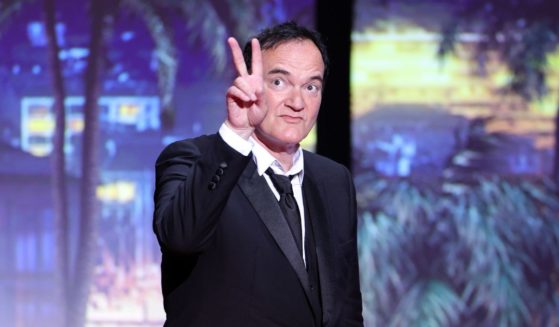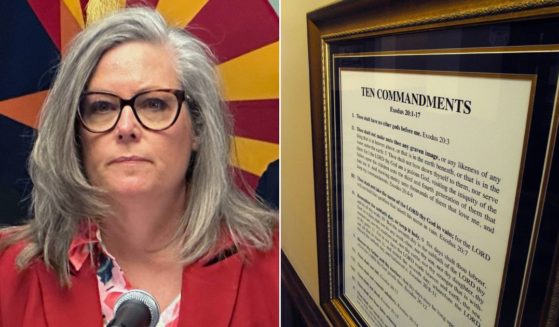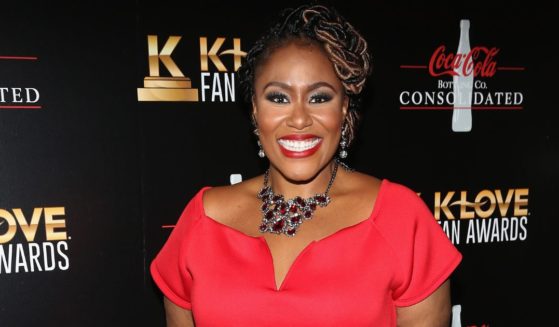North Dakota's 1st medical marijuana dispensary set to open
BISMARCK, N.D. (AP) — North Dakota’s first medical marijuana dispensary is set to open next week, the culmination of a nearly two-year effort by the state Health Department to establish a distribution system for the drug.
New York City-based Acreage Holdings plans to open The Botanist in Fargo on Feb. 28, selling drugs produced by a manufacturing facility in Bismarck, the company and state announced Thursday. The dispensary first will need to undergo what amounts to a final state inspection to ensure it meets all security rules, according to state Medical Marijuana Division Director Jason Wahl.
The facility also will offer an educational station, according to Harris Damashek, chief marketing officer for Acreage Holdings, which has operating licenses in 19 states and dispensaries in Maryland, Massachusetts, New York and Ohio.
North Dakota voters approved the drug in November 2016. The Health Department has been working on the system since lawmakers crafted rules in early 2017 allowing the use of medical marijuana for 17 medical conditions, along with terminal illnesses. A bill passed by the state House on Monday and sent to the Senate would expand the list of legal conditions to 30.
The state began accepting applications in October from residents for medical marijuana cards and has been issuing them for about a month. Only about 120 have been approved so far, but the state expects as many as 4,000 residents will legally be using the drug by summer 2021. That’s based on the experience in Delaware, which North Dakota officials have cited as a model.
The state hopes to have dispensaries operating in its eight major cities by fall. It already has named operators for facilities in Fargo, Grand Forks, Bismarck and Williston. Applications for dispensaries in Devils Lake, Dickinson, Jamestown and Minot are being accepted through Tuesday.
A second manufacturing facility, in Fargo, has begun growing medical marijuana but is probably “a month or two away” from having product available, according to Wahl.
North Dakota has used a phased-in approach to setting up a distribution system that is modeled after other states that have set up medical marijuana programs. The Health Department has endured some criticism over the amount of time it has taken to make the drug available, though the timeline isn’t unusual when compared to other states with the drug, according to the advocacy group Americans for Safe Access.
The state last year selected a Florida-based company to implement a monitoring system and a Pennsylvania-based company to perform laboratory testing of the medical marijuana to ensure it’s safe. The market — not the state — will dictate what the drug costs, and patients are not allowed to grow their own. There are six approved forms of the drug, and the House has approved adding a seventh, edibles . The Senate must still approve.
___
Follow Blake Nicholson on Twitter at: http://twitter.com/NicholsonBlake
The Western Journal has not reviewed this Associated Press story prior to publication. Therefore, it may contain editorial bias or may in some other way not meet our normal editorial standards. It is provided to our readers as a service from The Western Journal.
Truth and Accuracy
We are committed to truth and accuracy in all of our journalism. Read our editorial standards.












